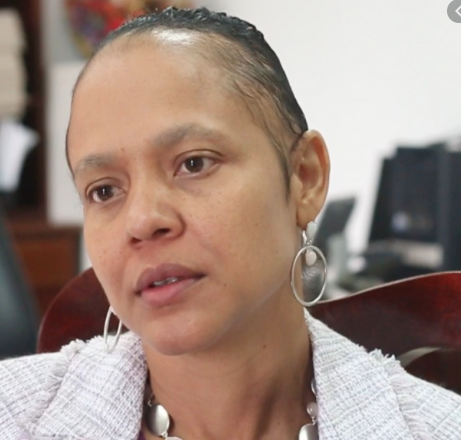
On Sunday, September 3, 2017 the front page of the Sunday Sun carried an item in which the Director of the National Insurance Scheme (NIS) is reported to have said that workers took an inordinate amount of sick leave only to find on retirement that their pension payments had taken a hit. He is then quoted as having said:
I always encourage people not to take sick leave unless they are actually sick. It impacts on the amount of pension you will get later.
The following day I called the Nation to ascertain if anybody from NIS had called to correct those statements. Since no one has done so, I cannot sit idly by and allow such dangerous misinformation to go unchallenged. Not only is it incorrect; it is irresponsible and has potential for devastating consequences.
A person who is sick could believe this report and decide that he does not want to jeopardise his pension. As a result, he might go to work while being ill and become a danger to himself, his fellow workmen and the public. Just imagine a situation where the driver of a public service vehicle goes to work when he is sick because he does not want to lose out on part of his pension and crashes with a full load of passengers.
From my experience, having worked at NIS, I make bold as to say that a person’s pension would only be negatively impacted if he/she refused or neglected to submit claims for sickness, maternity or unemployment benefits.
Any person who is ill, for a period Monday to Saturday and submits a sickness claim, would be entitled to receive monetary compensation, in addition to a credited contribution. Credited contributions count towards a person’s pension entitlement, even though no actual money is paid into the NIS fund. Section 57.(1) and (2) of the National Insurance and Social Security (Benefit) Regulations, 1967 state:
57.(1) For every contribution week for the whole of which an insured person
(a) received, or would but for regulation 4(1) have received sickness benefit; or
(b) received maternity benefit; or
(c) received, or would but for regulation 46(1) have received, unemployment benefit
a contribution shall be credited to that person without actual payment thereof.
(2) A credited contribution shall, subject to the provisions of these Regulations, be valid for sickness, maternity, unemployment benefit and invalidity benefit and for old age contributory grant or pension and shall be equal to the value of the average weekly earnings on which the rate of sickness, unemployment or maternity benefit was based.
In order to qualify for an NIS pension, a person must have 500 contributions. If someone refused to submit their sickness claim, in the mistaken belief that his/her pension would be affected, that person would lose out on some money to tide him/her over a period when not in receipt of income. But worse yet, that person could fall short in the number of contributions needed to qualify for a pension, since no credits would be available to make up the shortfall.
Regulation 31of the NIS Benefit Regulations demonstrate why it is vital to submit sickness benefit claims and accumulate your credits. It provides that of the 500 contributions needed to qualify for a pension, only 150 must be actually paid; the remaining 350 could be credited contributions.
Some enlightened employers pay their workers the full salary and take the benefit when it is paid. If workers qualify for credits in these circumstance, both the employer and employee are entitled to a refund of the contributions paid. This appears to be a carefully guarded secret, the refund is not automatic, you must apply for it.
The National Insurance Fund is primarily intended to pay benefits to people who are insured under the NIS scheme. It is not intended to provide budgetary support to the Government. If they cannot manage this economy without relying on NIS funds, they are in the wrong jobs.




The blogmaster invites you to join the discussion.